Upturn in Kampala’s residential housing sector as economy recovers
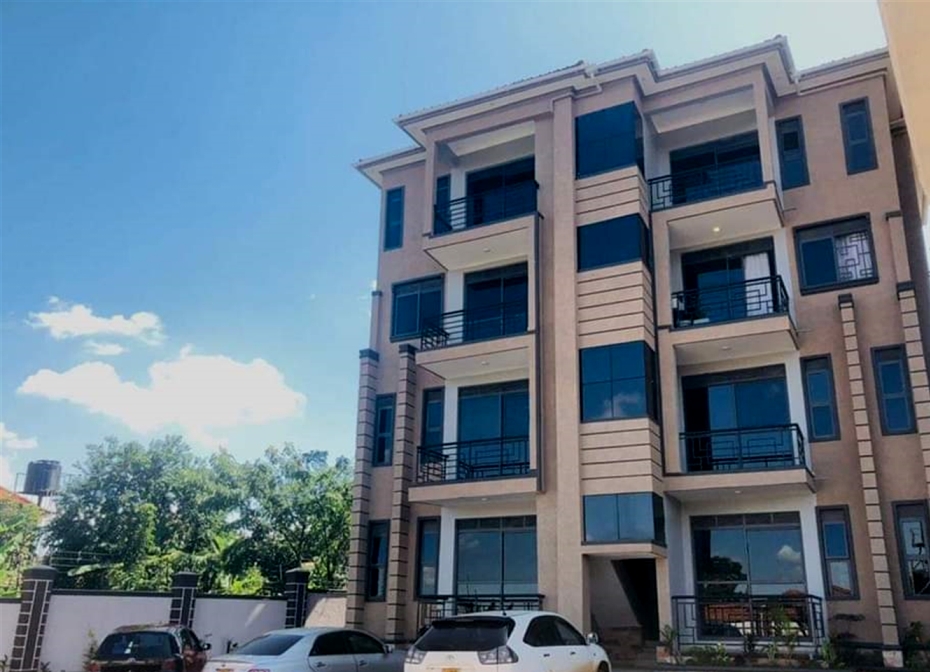 Knight Frank says there was a notable six percent increase in average prime occupancies compared to the same period last year, indicating a positive shift in occupier activity and overall market improvement.
Knight Frank says there was a notable six percent increase in average prime occupancies compared to the same period last year, indicating a positive shift in occupier activity and overall market improvement.
Kampala’s residential housing sector is recovering from the economic downturn brought on by the Covid-19 pandemic as reflected by the substantial 8% rise in average prime monthly rents for 2- and 3-bedroom apartment units in the first half of 2023 (H1 2023).
According to the latest Knight Frank Kampala Market Performance Review and Outlook, this figure compared to H1 2022, brings the average rents to a level 3% below pre-Covid figures. Furthermore, there was a notable six percent increase in average prime occupancies compared to the same period last year, indicating a positive shift in occupier activity and overall market improvement.
The report states: “The rise in prices can be attributed to the recent completion of newer more spacious and luxuriously furnished apartments, particularly in Kololo that are commanding slightly higher rents compared to the prevailing market rates. However it is important to note that occupiers are still actively negotiating for discounts, leveraging the increasingly supply of space’.
According to Knight Frank, as the economic landscape continues to recover from the sluggish performance of the last two years, the various real estate sectors within the Kampala property market have similarly exhibited marked resilience and improvement. The prime residential and office markets recorded steady growth in occupancies, while the retail sector exhibited improvements in footfall, turnover, and occupancies on a Y-o-Y comparison.
There was an upturn in H1 2023, surpassing the lacklustre performance of the previous two years. The resurgence was fueled by the recovery in the agricultural sector, and resilience exhibited by the services sector.
According to the preliminary annual GDP estimates by Uganda Bureau of Statistics, the economy expanded by 5.3% in the FY2022/2023, an improvement from the FY2021/22 rate of 4.6%. The Services sector remained the largest GDP contributor, accounting for 42.6%.
The prime residential rental market exhibited marked resilience in H1 2023, despite a sluggish start to the year. Commercial leasing activity remained relatively stable in H1 2023, with modest improvements observed specifically in Grade A offices, as various occupiers continued to employ a more strategic approach to their space acquisition.
The demand for office spaces was primarily driven by occupiers in NGOs, professional services, Industry and logistics sectors, medical services, IT, Government, oil and gas, and financial services. These were either expanding, relocating, downsizing, or initiating new ventures. Flight to quality remains increasingly evident, especially driven by multinational occupiers’ requirements specifically in the Nakasero and Kololo office markets where demand is strongest.
The implementation and promotion of various calendar events such as back-to-school, Easter, Eid, Valentine’s Day, Mother’s Day, and Father’s Day boosted the retail sector performance in the period under review.
Footfall figures experienced a notable increase of 13%, while general grocery retal turnover surged by 19%, and average occupancies demonstrated a 7% growth. Improvements in footfall, turnover, and occupancies further validate the optimistic outlook for sector recovery.
Industrial space inquiries remained stable, supported by demand from Fast-Moving Consumer Goods (FMCG), agriculture, telecoms, manufacturing, construction, automotive, and logistics industries.
Warehouse leasing continued to dominate, especially in industrial areas within Kampala, driven by occupiers looking to expand their operations, and others looking to initiate new enterprises.

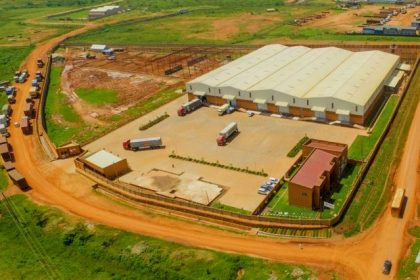 Knight Frank reports sustained demand for industrial space
Knight Frank reports sustained demand for industrial space
 Uganda’s proposed tax changes may dampen investor confidence
Uganda’s proposed tax changes may dampen investor confidence
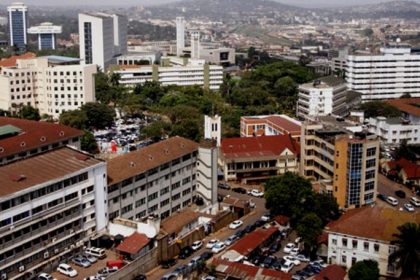 Kampala metropolitan real estate market recovers from lows after pandemic
Kampala metropolitan real estate market recovers from lows after pandemic
 Stanbic Bank introduces insurance package to protect schools from risks
Stanbic Bank introduces insurance package to protect schools from risks
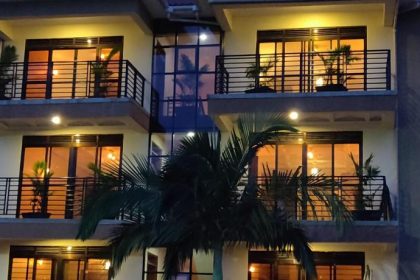 Emerging oil industry helps to revive Kampala high-end residential market
Emerging oil industry helps to revive Kampala high-end residential market
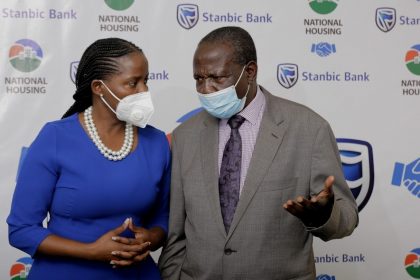 Stanbic subsidiaries in tripartite pact with National Housing company to develop real estate
Stanbic subsidiaries in tripartite pact with National Housing company to develop real estate
